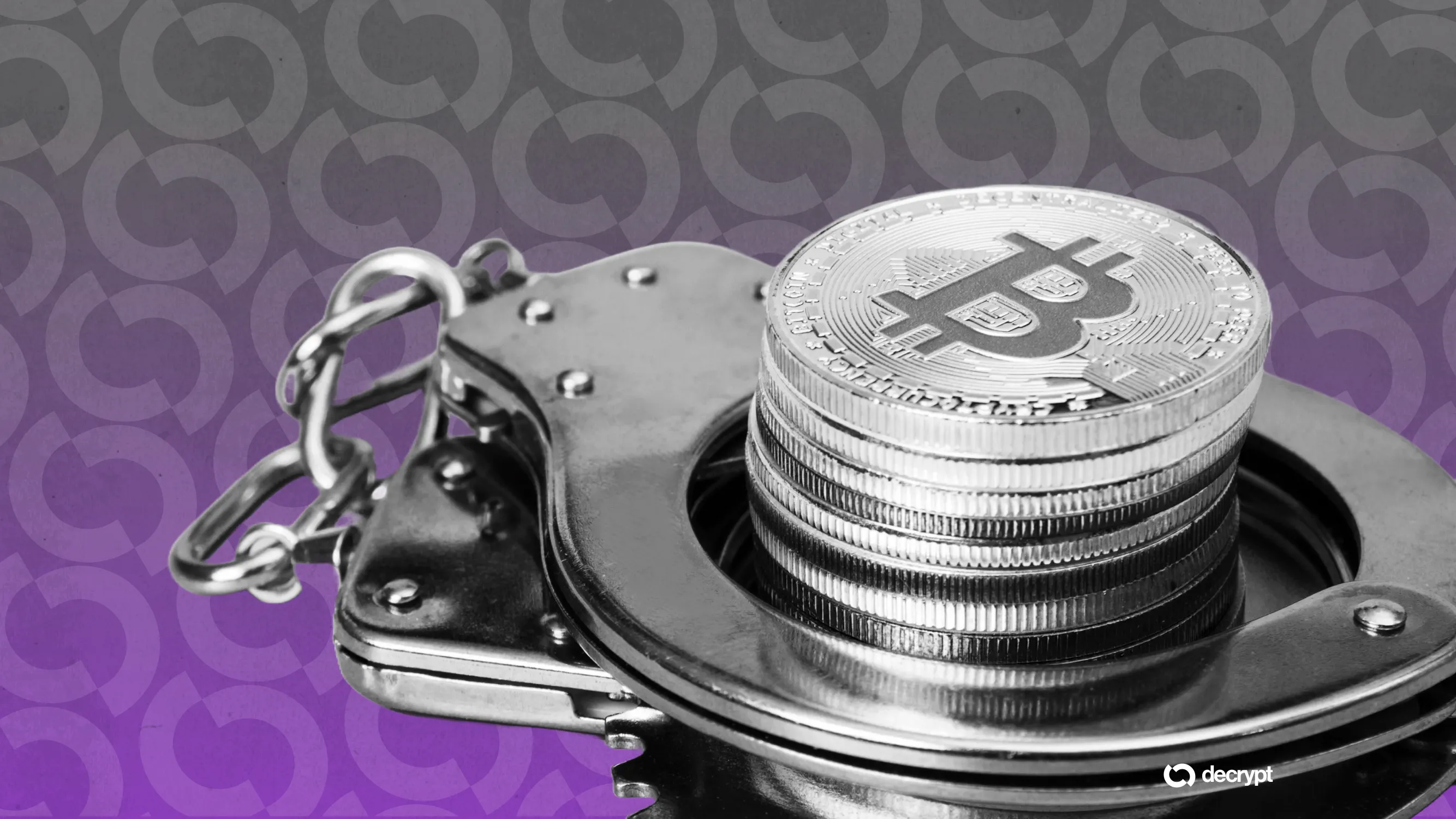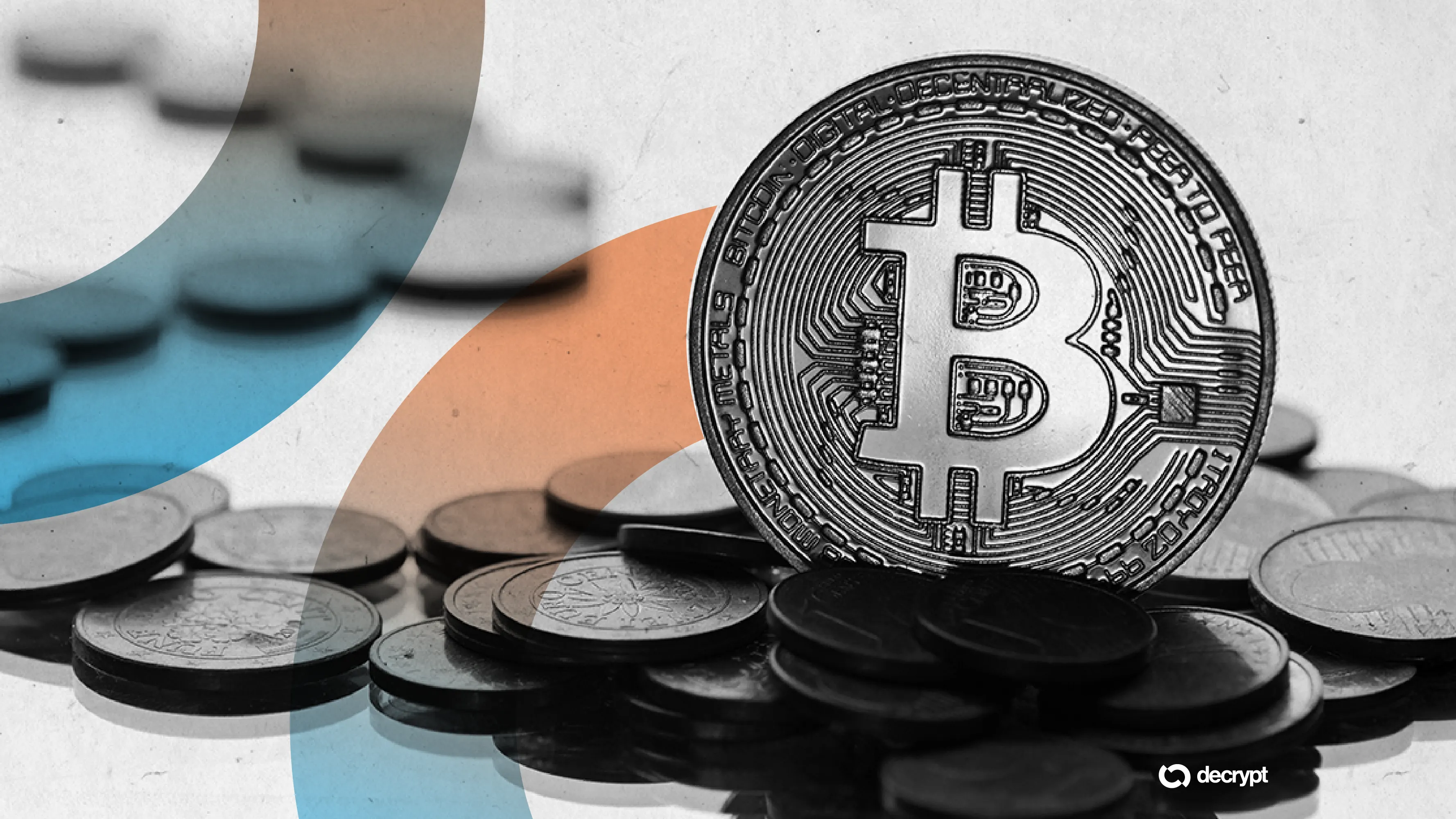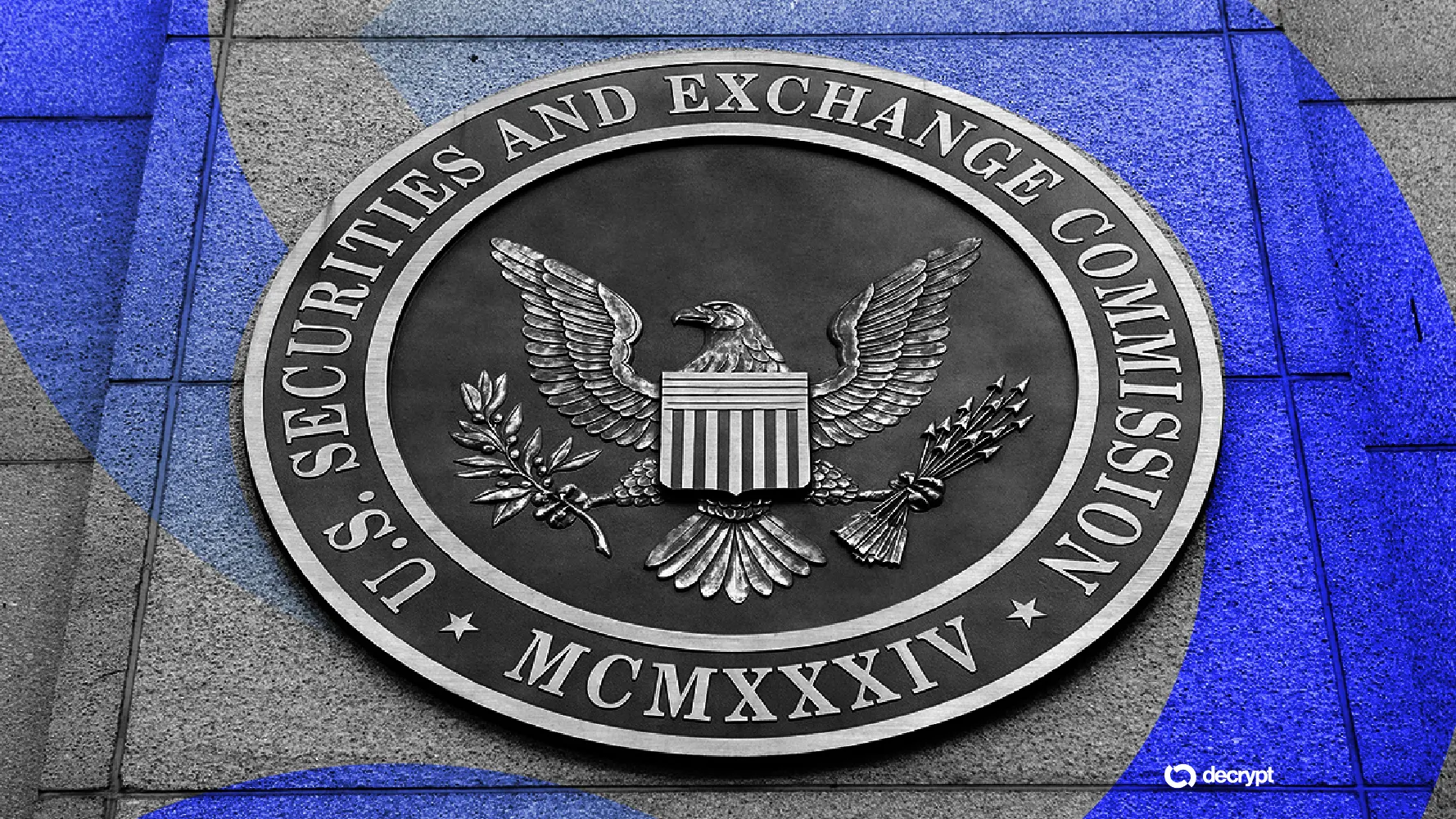In brief
- European authorities dismantled a clandestine banking network that laundered over $23 million using cryptocurrency, arresting 17 individuals across Spain, Austria, and Belgium.
- The criminal operation involved parallel banking services, illegal hawala banking, and cryptocurrency exchanges, with Chinese nationals managing cash collection in Spain and Arab nationals handling international transfers.
- Authorities seized approximately $229,600 in cash, $204,960 in cryptocurrency, luxury vehicles, properties, cigars, and handbags with a combined worth of over $3.5 million.
European authorities dismantled a clandestine banking network that laundered more than $23 million (€21 million) using crypto siphoned from organized crime groups across Europe. Most of the groups are also involved in migrant smuggling and drug trafficking, authorities said.
The EU Agency for Law Enforcement Cooperation (Europol) detailed in a report released Wednesday how at least 17 individuals linked to a money laundering and criminal banking ring were arrested in operations across Spain, Austria, and Belgium.
The ring's activities involved "parallel banking services, illegal hawala banking, cash collection, cash courier services, and the exchange of cryptocurrencies for cash," Europol reported.
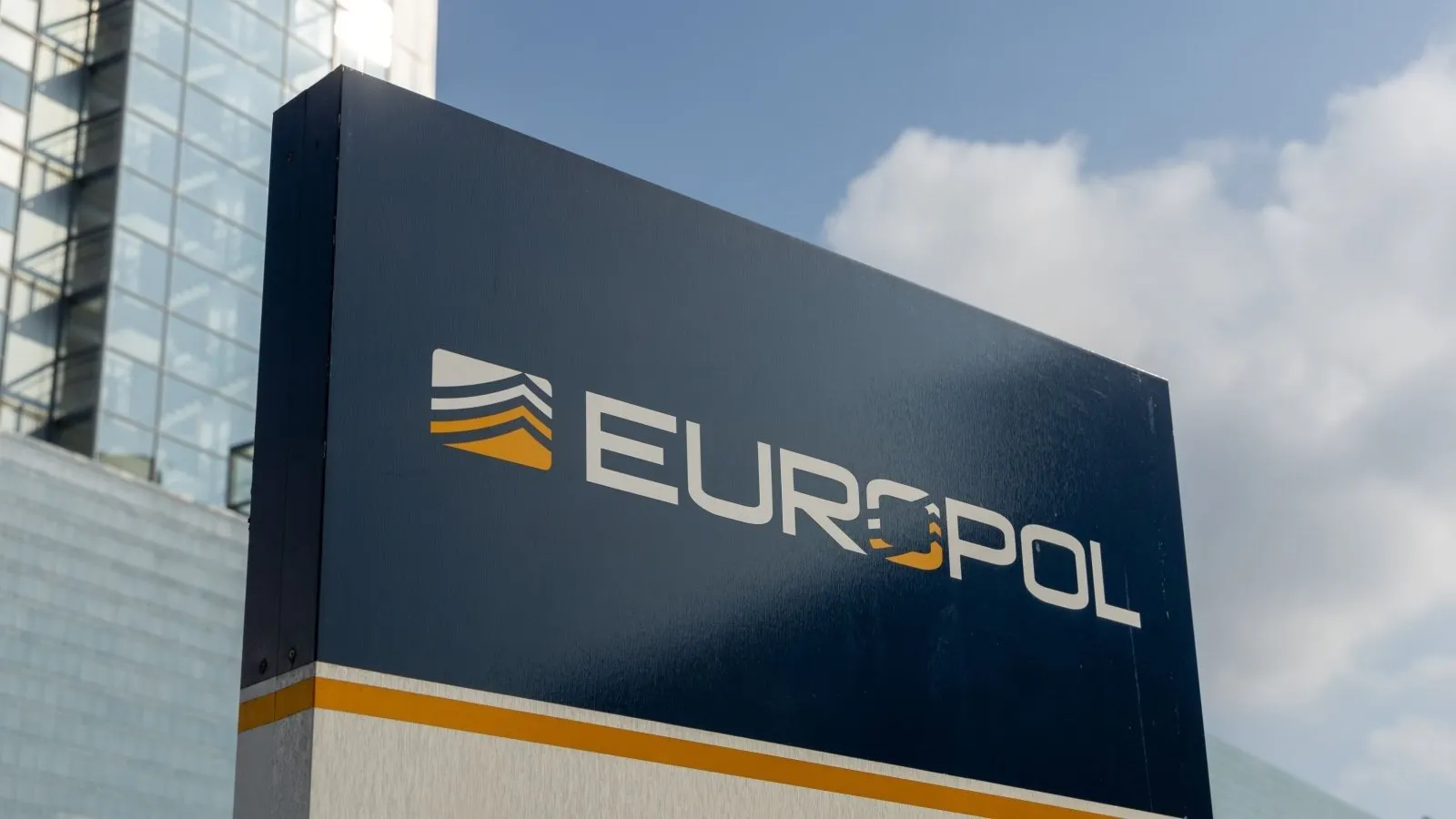
Europol Seizes $26 Million in Crypto From 9 Drug Traffickers
Europol collaborated with law enforcement authorities from six countries to bring down an international drug trafficking ring employing crypto for its financial needs. Europol said it has taken down “underground bankers who were moving and laundering the proceeds of large-scale drug trafficking and other serious crimes” in a recent announcement. When contacted by Decrypt, Europol explained that it is “not authorised to disclose any more details.” Bitcoin Still 'Most Abused' Crypto Asset Among Cr...
Those arrests come as the European Union considers tracking crypto transfers by applying its current anti-money laundering laws.
The EU is looking for ways to do this by recording "data on the senders and recipients of funds," in such a way that it could be applied "to crypto-asset providers," according to Paschal Donohoe, Ireland's Finance Minister.
Modern 'hawala' system
Authorities reportedly seized approximately $229,600 in cash, $204,960 in crypto, 18 luxury vehicles worth more than $232,000, 10 properties valued at over $2.8 million, high-end cigars worth around $701,000, and luxury handbags estimated to be worth at least $259,000.
Europol claims to have financed three Spanish investigators who went to Belgium and Austria, with two other Europol agents sent to "provide support on the ground." Two more Europol special agents were deployed in Spain.
Chinese and Syrian nationals were later identified among those nabbed in the operation executed earlier in January, with their clientele said to be primarily based across the Middle East and mainland China.
The criminals reportedly operated through two main factions: Chinese nationals managing domestic cash collection in Spain; and Arab nationals handling international transfers, modernizing the traditional "hawala system" by integrating crypto.
The hawala system is an informal fund transfer (IFT) system that allows funds to move from one person to another without physical movement of money, according to Mohammed El-Qorchi, senior economist at the International Monetary Fund (IMF).
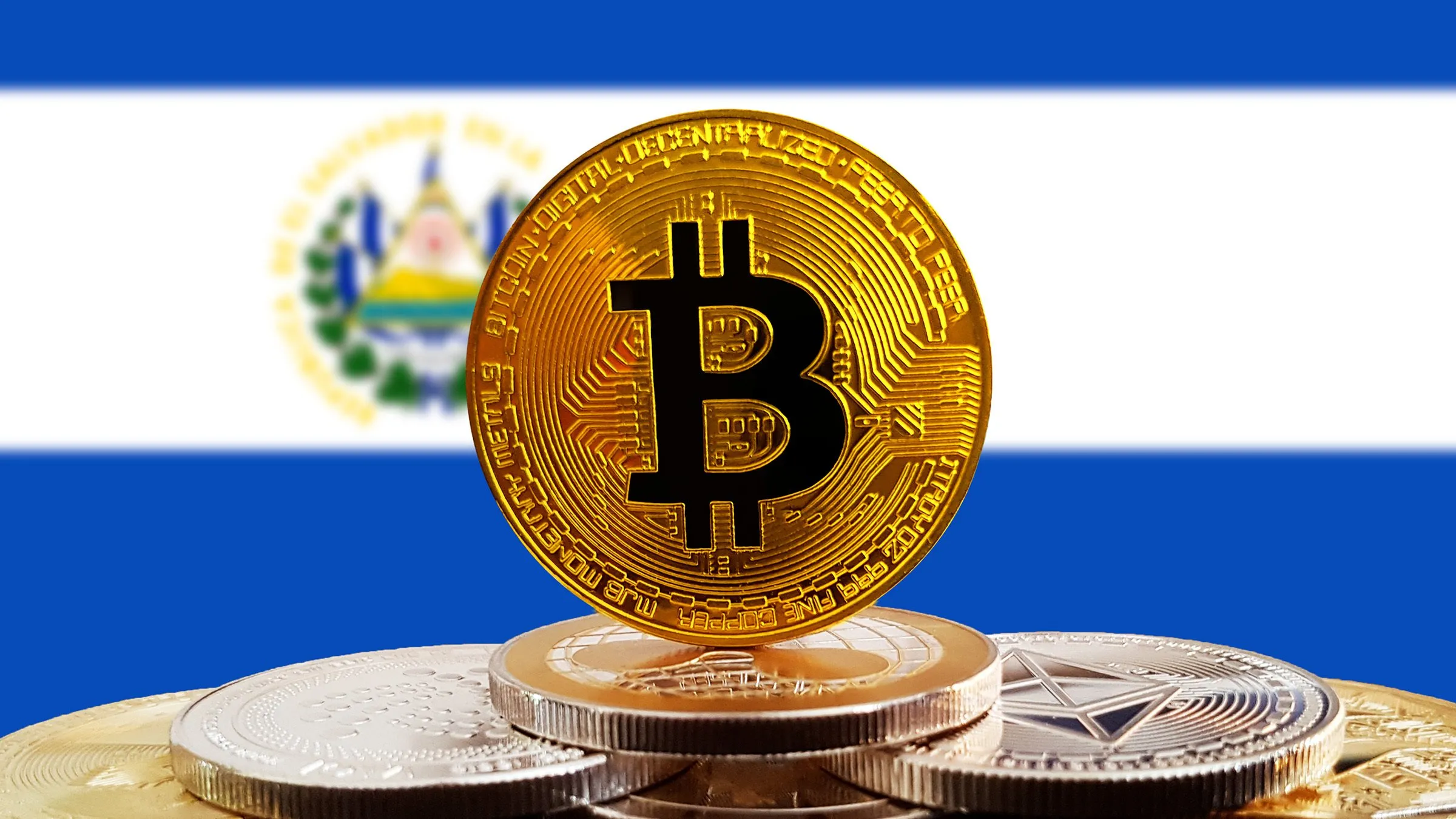
IMF Imposes New Bitcoin Rules on El Salvador Through Its $1.4 Billion Loan
The International Monetary Fund has added new conditions to the 40-month, $1.4 billion Extended Fund Facility (EFF) for El Salvador. When it was initially approved in December, it already contained strict limitations on government Bitcoin activities, while allowing retention of existing holdings. “Going forward, program commitments will confine government engagement in Bitcoin-related economic activities, as well as government transactions in and purchases of Bitcoin,” Nigel Clarke, deputy manag...
Hawala means "transfer" or "wire" in Arabic banking jargon, El-Qorchi explains. The networks facilitating such services are informally called "hawaladars."
Spanish media outlet The Olive Press first described the operation as a "mafia crypto bank," a label later adopted for its similarities to mafia operations.
Decrypt reached out to Europol to confirm how and which specific cryptos were involved.
Edited by Stacy Elliott.

